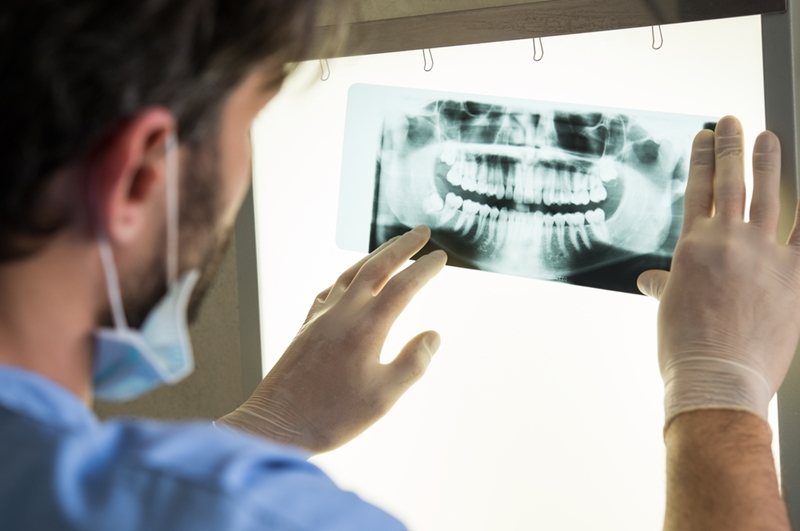When your dentist recommends that it's time for you to have your wisdom teeth removed, you may at first feel a little confused. After all, your teeth don't hurt and you are in no level of discomfort, so why the need to take them out?
Though wisdom teeth may not initially appear to cause any problems, in time, they can cause a great raft of trouble.
Though it isn't always necessary to have wisdom teeth – also referred to as the third molars – removed, for many, it's a procedure that will prevent many future problems. Let's take a look at just what your wisdom teeth are, and why it's sometimes vital for your dentist to extract them.
What exactly are wisdom teeth?
When you reach your late teens or early 20s, wisdom teeth appear at the back of the mouth. Because space is sometimes at a premium in the human mouth, there may be no room for them to push through the gum, known as 'erupting,' meaning that they don't fully emerge.
Sometimes, a wisdom tooth will only make its way partially through the gum, and others may never show themselves at all – these are referred to as impacted wisdom teeth.
It is believed that wisdom teeth are so named due to the fact they don't normally show up until early adulthood, by which time a person will be far wiser than when the rest of their teeth came through.
Why is wisdom teeth removal sometimes needed?
Because wisdom teeth often don't have the space to grow vertically, they may instead grow in all manner of angles – even horizontally. Though wisdom teeth may not initially appear to cause any problems, in time, they could cause a great raft of trouble.
Due to the angle at which they are growing, wisdom teeth may cause a broad level of damage to existing pearly whites, pushing them out of their previously perfect condition, which may result in pain and cause difficulties in chewing food.
 The four wisdom teeth are the last to emerge.
The four wisdom teeth are the last to emerge.Additionally, wisdom teeth can prove particularly challenging to clean properly, meaning that they are at risk of tooth decay and gum disease. This could potentially affect other, previously healthy teeth. It's not just other teeth that the third molars may adversely damage, as cysts are liable to form around the wisdoms. Without treatment, such cysts may negatively affect nerves and even hollow out the jaw. Sinus pain can also become a problem, and impacted wisdom teeth may also reverse any previous dental work, such as bridges, dentures and crowns.
At City Dentists, we'll give your wisdom teeth a full evaluation and help you make a decision with regards to what the next step should be, so book online with us today to make your appointment.
